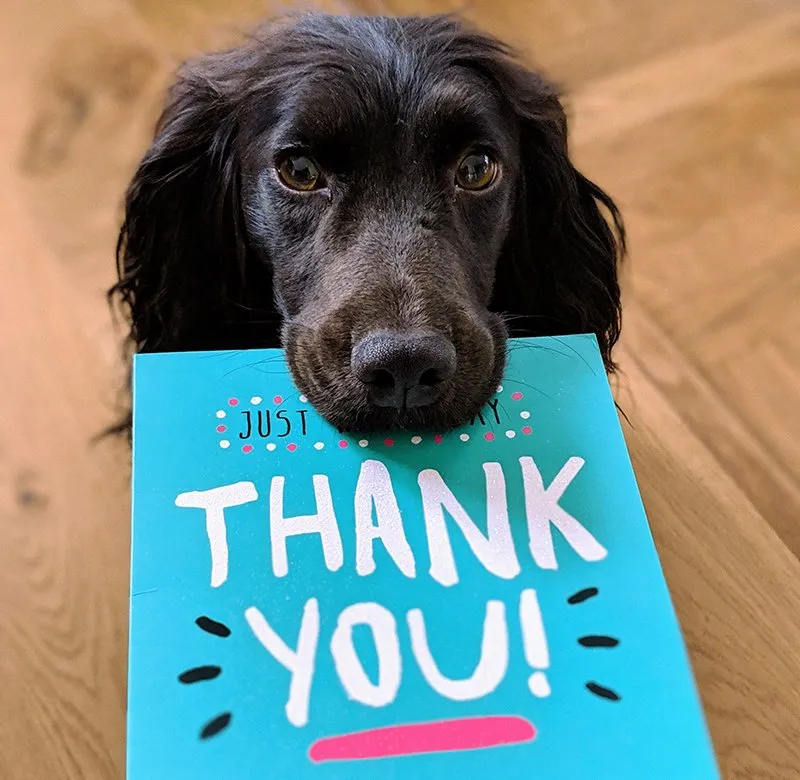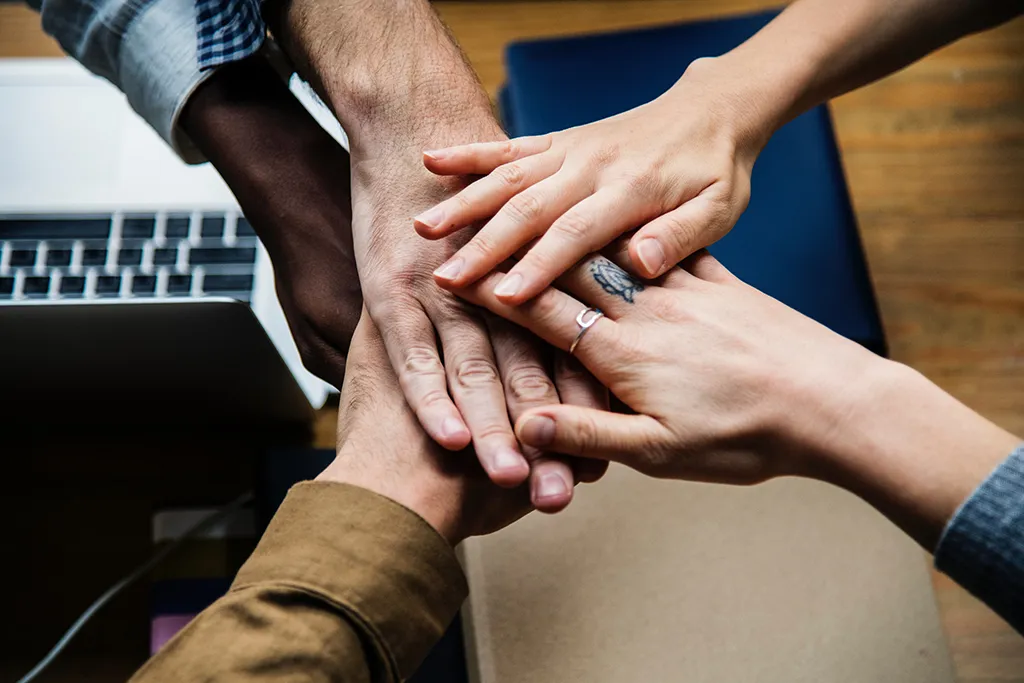
“How do you know the Dungeon Master isn’t lying to you?”
I’m practically horizontal on the couch after 11:30 on a Friday night, scrolling TikTok.
“Wha-?” Peter tries to say. My husband’s response is muted; he’s in the bathroom down the hall brushing his teeth.
I ask louder, “How do you know the DM isn’t just saying that you missed an attack to mess with you?”
Before he can come out and share his Dungeons & Dragons knowledge, I launch into a stream of consciousness rant of questions about the mechanics of D&D.
For months I’d been seeing D&D clips on TikTok (including in the moment right before I asked about deceptive Dungeon Masters). Granted, it took me a while to figure out that’s technically what these people were playing. None of the clips resembled the stereotypical high fantasy worlds I expected with D&D.
Peter finally sits down and tries to answer as many questions as he can while I search YouTube for the same account that kept showing up on my For You Page. I find the channel and the campaign I’d seen clips from.
I do a double take. The first episode is over 2 hours long. Peter heads off to sleep and I start casting to the TV, hoping for some clarity on all the shenanigans and goofs from TikTok.
What I’m not ready for is the masterclass in collaboration and teamwork, even from episode 1. It didn’t take long to get completely hooked.
Now after hundreds and hundreds of hours of watching TTRPG shows, listening to D&D podcasts, and of course playing campaigns with my own friends, the lessons keep coming.
Here’s just 4 ways that D&D helps reinforce productive collaboration skills and mindful teamwork.
Always go together
As an adventuring party, you and the other players won’t always agree on a specific course of action. Whether that’s where to travel to, how to approach a puzzle, or who to fight, there’s a lot of choices and ways to solve a problem.
But you generally do have the same goal (defeating the Big Bad Evil Guy, or BBEG). And though there isn’t necessarily one “right” way to succeed, you have the best chance of achieving any goal or solving any problem when you stick together.
Going off on your own almost assuredly gets you into trouble. Your party is then responsible for saving you. That slows down your progress and wastes resources.
I wouldn’t be surprised if most, maybe even all, of us have been on a team where a coworker thinks they personally know what’s best for the whole team. It’s endlessly frustrating and tiring. I also wouldn’t be surprised if many of have been that person at times who tries to do a Big Thing all by ourselves.
When you (or other people) selfishly go off on their own to try to accomplish things alone, way less gets done. Everyone loses out when you don’t “go together.”
Failure is rarely fatal
Failure is always on the table (pun intended). A lot in D&D is left up to chance with the roll of a 20-sided die. Players decide what action they want to take and then they roll to see how successful they are at it. High rolls = greater chance of success. Low rolls = low chance of success.
One low or failed roll rarely means you die or become a lost cause, even when you seemingly choose the wrong course of action. But it does mean it’s time to come together as a team to problem solve. Dwelling on mistakes doesn’t solve anything.
It often takes extra creativity to get out of a bad situation, but again, most fails won’t be wildly detrimental. As long as you support each other.
People need a support system, coworkers who have their back even when they make mistakes and fail. Because if you want innovation and new ideas, you need to let yourself and your team members fail and fail fast.
Like for every success in a marketing campaign, there’s always failures. Ads that don’t convert. Content that doesn’t resonate. Subject lines that miss the mark.
Those failures helps us learn what does and doesn’t work. Then when the next campaign challenges come, we’re better prepared.
Don’t say no without an alternative
The DM is the ultimate judge of whether or not you can do something in D&D. They tell you whether you can jump from a tower without completely annihilating yourself, cast a spell in an unorthodox way to do damage, or use an item to disguise yourself. The DM has a duty to say no to their players. Some things just aren’t possible, even in wild fantasy worlds.
It’s easy to tell someone no without providing a reason or going into detail. Especially when in charge of a team or project, you may be tempted to “my way or the highway” things.
But saying no without any context or guidance doesn’t help. Expectations and standards remain unclear. People simply get discouraged and stop contributing.
When someone shares an idea that’s not relevant to current projects, too big to execute in a proposed format, or not feasible for the team to take on for any reason, instead of shooting down the idea, redirect the energy and enthusiasm. Get to the root of what they really want to do and propose an alternative that accomplishes a similar goal.
Frame it in this way to keep people engaged and contributing: “It sounds like you want to…”
- make an impact on _______
- go after _____
- try _____ as a strategy
Stop wasting energy putting down other people’s ideas or initiatives. Help get things done instead.
Everyone needs to have different strengths
In D&D your strengths are randomly configured (and sometimes randomly assigned). With a few rolls of dice when creating your character you decide where you shine and where you, well, don’t.
Because the numbers are decided by dice rolls and then you determine how to assign those numbers, you’ll never have the exact same strengths as anyone else.

Is it cliche to say everyone should have different strengths? Yeah, for sure. But that diversity opens you up to the best collaboration.
You need people who are insightful and good at reading others. You need people ready to fight for you. You need people with charisma and others with niche expertise and intelligence.
Embrace those differences in expertise and life experiences, build each other up, and have each other’s backs. Be ready to cover each other’s blindspots and let people do what they do best.
I’ve gotten to experience this first-hand at Skipio with our strengths-based approach to team building and collaboration. It’s transformative to work with people when you know their strengths and they know yours. We communicate more clearly and solve problems faster because we know how other people get stuff done.
Ready for anything
The near constant in every Dungeons & Dragons experience that rings true for work too? With great people around you, you can take on any monster or challenge. (Again, cliche. But still so true.)
Your team will disagree, get confused, and lose its way at times. But stay together through the problems and hard times, sticking to your strengths, and basically anything remains possible.
Want to talk D&D like the nerds we are? Connect with me on LinkedIn.


